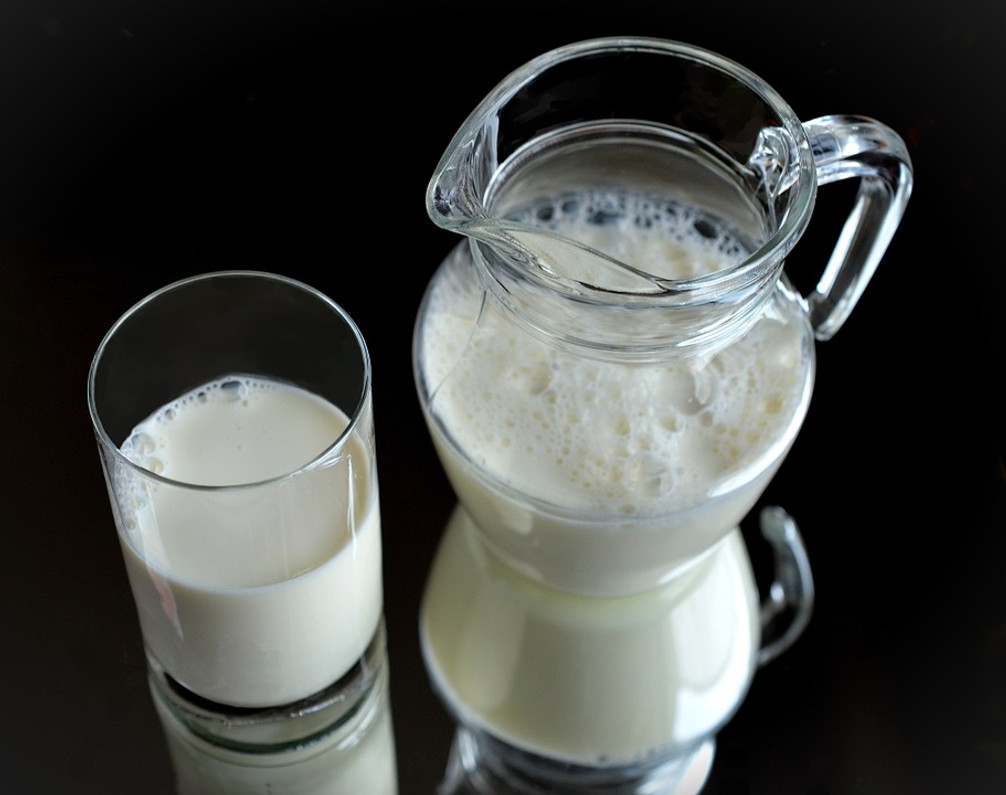Study: Full-Fat Milk Is Safe to Consume

You can continue drinking full-fat milk without fear of it harming your health. According to a new study, full-fat dairy -- including milk, cheese, yogurt, ice cream and butter -- doesn't contribute to heart disease or stroke. This, of course, goes against previous findings, which suggest that full-fat dairy increases blood cholesterol levels and, subsequently, contributes the aforementioned ailments.
For the study, researchers from the University of Texas Health Science Center analyzed health markers of roughly 3,000 participants over the course of more than two decades, paying close attention to levels of fatty acid in their blood as well as the prevalence of heart disease. At the end of the study, researchers concluded that fatty acids -- the kind found in full-fat dairy -- did not increase the risk of heart disease or stroke. In fact, it actually improved cardiovascular function in many participants. Researchers say that participants who consumed the most full-fat dairy in their diet were 42% less likely to dye from stroke than their counterparts who consumed the least amount.
Full-fat dairy contains significantly more fat than 1% or 2% fat dairy. A single serving of full-fat milk, for example, contains up to 6 grams of saturated fat. It's largely believed that saturated fat contributes to heart disease. When you consume significant amounts of saturated fat, it causes buildups of cholesterol in your arteries -- at least that's what many people think. This latest study, however, reveals that saturated fat in dairy doesn't contribute to high cholesterol or problems associated with high cholesterol, including stroke and heart disease.
"Our findings not only support, but also significantly strengthen, the growing body of evidence which suggests that dairy fat, contrary to popular belief, does not increase risk of heart disease or overall mortality in older adults. In addition to not contributing to death, the results suggest that one fatty acid present in dairy may lower risk of death from cardiovascular disease, particularly from stroke," said Marcia Otto, Ph.D, the study's lead author and researcher.
Just because it doesn't contribute to heart disease or stroke, though, doesn't necessarily mean that dairy should be a part of a daily diet. Statistics show that 75% of the world's population suffers from some degree of lactose intolerance. In other words, their digestive system is unable to break down milk sugars, known as lactose, thereby resulting in digestive distress and related problems. Whether it's full-fat or skim, you shouldn't consume milk or dairy products if you are lactose intolerant.
Recent Posts
-
Fire Safety in the Workplace: What You Need to Know
What steps are you taking to prevent fires in your workplace? According to the U.S. Occupational Saf …Aug 23rd 2023 -
Is It Safe to Go Jogging With a Cold Infection?
If you're suffering from a cold infection, you might be wondering whether it's safe to go jogging. T …Aug 22nd 2023 -
5 Safety Tips to Follow When Using a Powder-Actuated Tool
Powder-actuated tools are commonly used to join materials to steel and concrete. Also known as Hilti …Aug 20th 2023




